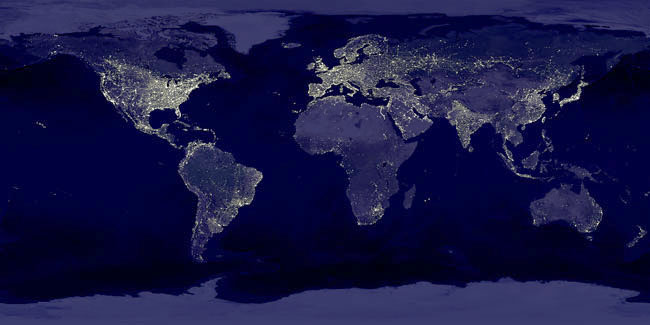|
2007-04-08 India-Pakistan
|
|
Siachen Glacier talks end without progress
|
1 | Archived material is restricted to Rantburg regulars and members. If you need access email fred.pruitt=at=gmail.com with your nick to be added to the members list. There is no charge to join Rantburg as a member. |
Posted by John Frum 2007-04-08 00:00||
||
Front Page|| [4 views since 2007-05-07]
Top
|
|
Posted by 3dc 2007-04-08 01:26||
2007-04-08 01:26||
Front Page
Top
|
|
Posted by John Frum 2007-04-08 07:30||
2007-04-08 07:30||
Front Page
Top
|
|
Posted by John Frum 2007-04-08 07:57||
2007-04-08 07:57||
Front Page
Top
|
|
Posted by John Frum 2007-04-08 08:00||
2007-04-08 08:00||
Front Page
Top
|
|
Posted by John Frum 2007-04-08 08:01||
2007-04-08 08:01||
Front Page
Top
|
|
Posted by John Frum 2007-04-08 08:03||
2007-04-08 08:03||
Front Page
Top
|
|
Posted by Grunter 2007-04-08 09:46||
2007-04-08 09:46||
Front Page
Top
|
|
Posted by John Frum 2007-04-08 10:06||
2007-04-08 10:06||
Front Page
Top
|
|
Posted by John Frum 2007-04-08 11:50||
2007-04-08 11:50||
Front Page
Top
|
|
Posted by John Frum 2007-04-08 12:52||
2007-04-08 12:52||
Front Page
Top
|
|
23:05 Cromert
23:03 Zenster
22:57 Lone Ranger
22:44 Sheba Slavimp5283
22:44 gorb
22:39 Sheba Slavimp5283
22:35 xbalanke
22:31 xbalanke
22:27 Frank G
22:21 Barbara Skolaut
22:19 trailing wife
22:16 DMFD
22:12 Bunyip
22:12 Frank G
22:11 Frank G
22:05 trailing wife
21:40 Ebbolurt the Bald5358
21:36 Crairt McCoy6887
21:36 Redneck Jim
21:27 Redneck Jim
21:24 Mullah Richard
21:19 Sherry
21:17 Eric Jablow
21:15 Eric Jablow









|










